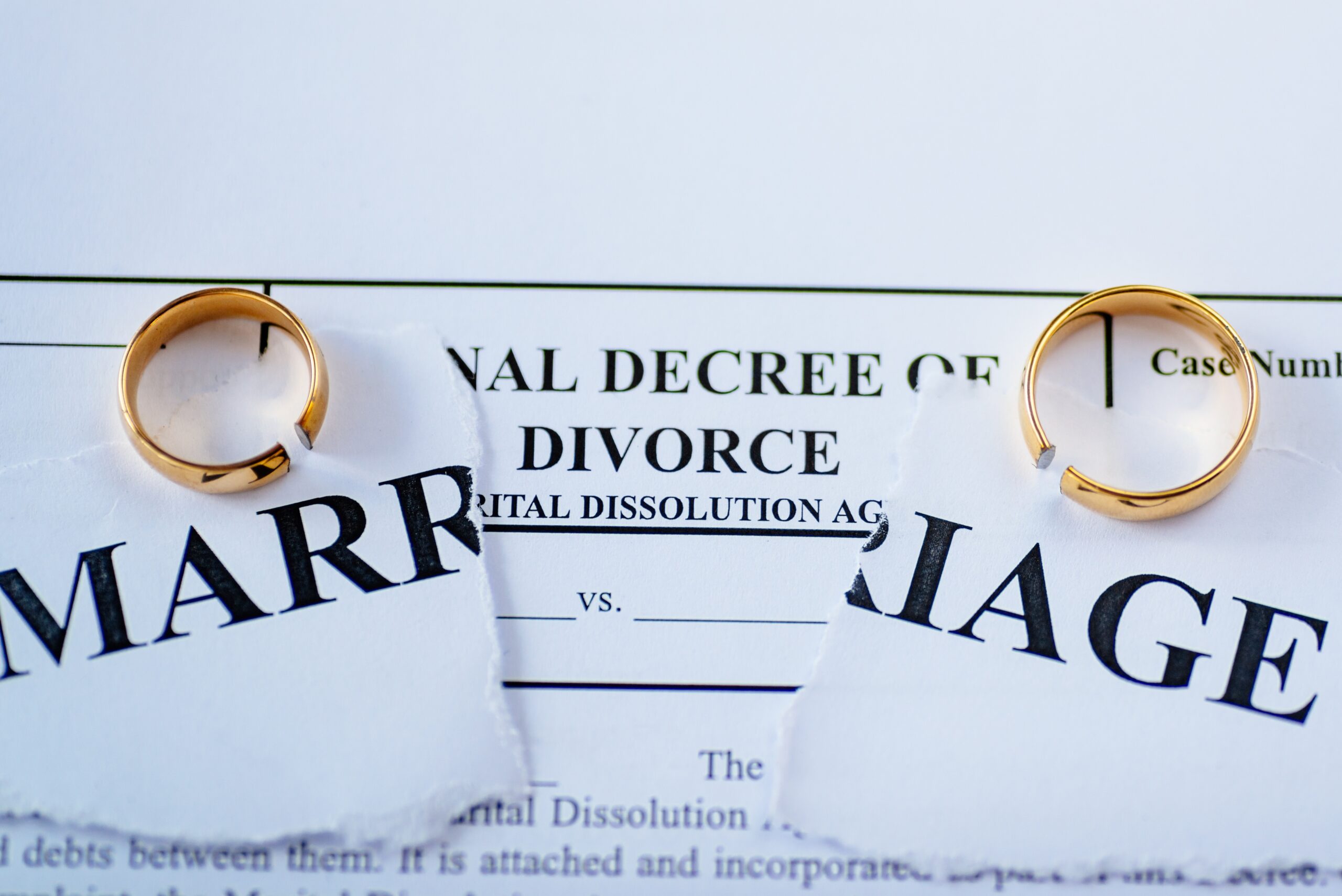© 2025 Law Office of Sarina Gianna, LLC.
All rights reserved. Attorney advertising.

Does New Jersey Offer Permanent Alimony?
In today’s society, it’s unlikely that both spouses have the same financial standing. When one spouse makes significantly less or is a stay-at-home parent, they are put at an unfair disadvantage during the divorce process. If one spouse is financially dependent on the other, the court may order alimony. These court-ordered payments are made from one spouse to the other following divorce. Many spouses fear they will have to provide their exes with financial support for their lifetime. Please continue reading to learn whether New Jersey courts offer permanent alimony and how a trusted Ocean County Alimony Attorney can help guide you through these complex matters.
Does New Jersey Have Permanent Alimony?
Traditionally, divorcing parties could receive permanent alimony in New Jersey. This support was paid from one spouse to another for their lifetime. However, in 2014, new provisions replaced the “permanent alimony terminology, ” calling it “open durational alimony.” This was done to more accurately describe that this type of alimony is not necessarily permanent. Essentially, the wording ensures that the paying spouse is not legally obligated to continue paying alimony for their lifetime.
Open durational alimony applies to couples married for 20 or more years. While this amendment is similar to permanent alimony in that the recipient will receive financial support for an extended period, it’s considered durational because either party can petition to modify or end the payments. This means there is no end to the alimony unless there is a reason to terminate it.
What Factors Will the Courts Consider When Awarding Alimony?
Unfortunately, there are numerous myths and misunderstandings about alimony. Many believe that the lower-earning spouse will automatically receive alimony during a divorce. However, this is not always the case. In New Jersey, alimony is decided on a case-by-case basis. If a spouse needs alimony, they must petition the court. A judge will evaluate the unique circumstances of the case. It’s important to note that requesting alimony doesn’t warrant an automatic award. The court will examine numerous factors, including the recipient’s need for financial support and the payor’s ability to make maintenance payments. The following include, but are not limited to, some of the factors the courts will consider when awarding alimony:
- The duration of the marriage
- The age and health of each party
- The income and earning capacity of each spouse
- The standard of living the couple established during the marriage
- Property division
- Each spouse’s parental responsibilities
- Any other relevant factors
If alimony is a contentious issue in your divorce, please don’t hesitate to contact an experienced alimony attorney. At the Law Office of Sarina Gianna, LLC, we are prepared to advocate for your interests and fight for the best possible outcome for your case. Allow our firm to guide you through your options and zealously represent you.
